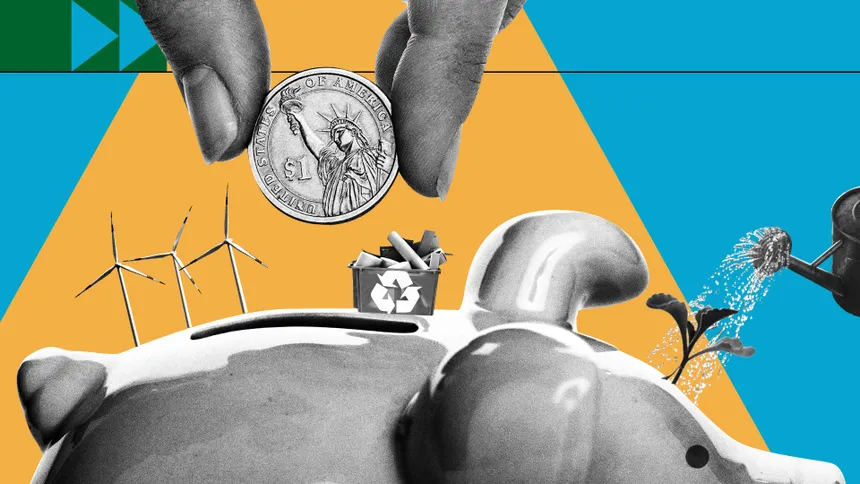The head of the Caribbean Development Bank has sounded the alarm, warning that middle-income developing countries may miss out on crucial rescue funds designed to help them cope with the devastating impact of the climate crisis. Hyginus Leon, the bank’s president, fears that these countries may be deemed ineligible for climate funds due to their relatively higher incomes, despite their vulnerability to natural hazards and lack of resilience.
Leon believes that allocating climate funds solely based on a country’s existing income is a flawed approach. Instead, he argues that the allocation should be based on a country’s need and vulnerability. He emphasizes that there is significant heterogeneity among countries, and a one-size-fits-all solution will not suffice. Some countries with higher GDPs may still be highly vulnerable due to natural hazards or lack of resilience, while countries with lower incomes may be better equipped to cope with climate-related disasters.
The “loss and damage” fund, set to be discussed at the upcoming UN climate summit in November, aims to provide financial assistance to countries affected by climate-related disasters. However, Leon warns that the focus should not be solely on the financing of the fund but also on how the funds will be allocated. He advocates for a more nuanced approach, allowing countries to tailor their needs and vulnerabilities to receive the necessary support.
Heatwaves have recently ravaged parts of Greece, Italy, and Spain, while developing countries like Algeria, Morocco, India, and China have also been severely affected. The poorest quarter of the world’s population is most likely to suffer from extreme heat, but middle-income countries are also experiencing climate-related disasters, with many smaller nations at risk of having their economic progress reversed.

Leon emphasizes that the need-based approach is crucial, as countries may not be measured on their current income but on their past income. This, he argues, does not reflect the shocks, vulnerabilities, and difficulties these countries face in recovering from climate-related disasters.
The climate crisis is expected to have a profound impact on many countries, with storms, floods, and heatwaves becoming increasingly frequent and intense. The Caribbean Development Bank head highlights the need for a global finance pact that reflects the task ahead, one that takes into account the unique needs and vulnerabilities of each country. A mix of loans and grants, rather than solely relying on grants, is essential to ensure countries have the necessary resources to adapt to the climate crisis.
Leon’s words serve as a stark reminder of the need for climate resilience and adaptation measures, particularly in middle-income developing countries that may be on the cusp of disaster.

